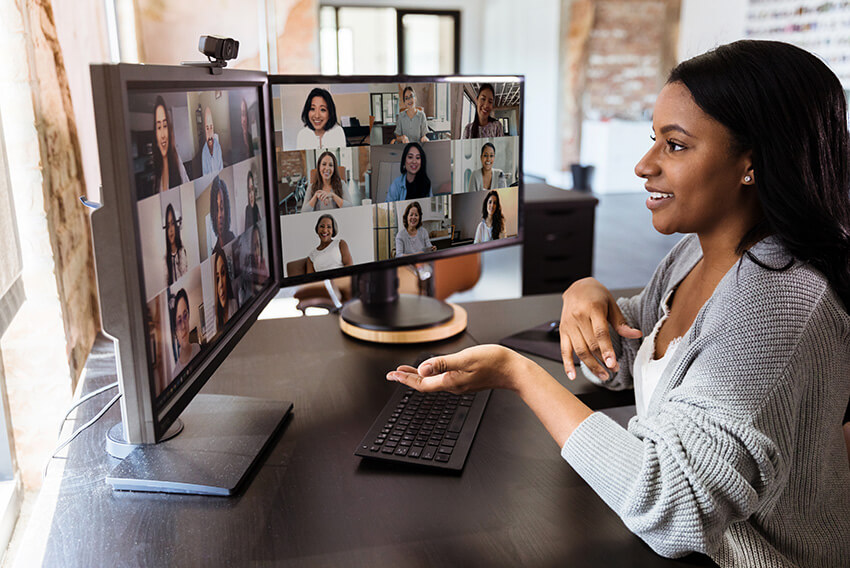
Article
Diversity Hiring: The Common Pitfalls
Hiring talent is one of the most crucial decisions in any company irrespective of the industry or size. When focusing on disability hiring, it is not uncommon for companies to make hiring mistakes, but one way to avoid these is to be aware of the common pitfalls.
Devika Nair, who oversees the Diversity & Inclusion and Corporate Social Responsibility strategy for Allegis Group India, shares her insights into some of the common pitfalls regarding diversity hiring and the strategies her team have established to overcome these.
For the last seven years, my team and I have been successfully running an employability programme for Persons with Disability (PwD). These are some of the common pitfalls we have repeatedly seen in PwD hiring.
Common pitfall 1: Lack of understanding of the term disability and the workplace solutions for the same.
I do not mean the theoretical definition of disability but an actual understanding of the abilities of persons with disability. Lack of awareness of how PwDs can effectively work in various jobs can lead to a lack of clarity on what positions they can be hired to perform within a company.
I suggest companies looking to hire PwDs should first spend some time in understanding the various workplace solutions available for different categories of disability. This will provide insight into the types of jobs that PwDs are already holding in other companies, and which may also be available in your own.
In the past few years, we have placed PwDs in a wide range of roles such as - software developer, application support, software testing, recruiting, back-office operations, help desk, technical support etc. This list continues to grow as more and more companies are exploring PwD hiring and are becoming open to alternative avenues for hiring. Learn and explore, before you hire!
Common pitfall 2: Job mapping and analysis
Job mapping and analysis are crucial components of any hiring process. These two elements help identify the right person for the right job, and this mantra continues to remain valid for PwD hiring processes as well. At times, I seen this crucial component skipped by hiring PwDs for basic roles and functions. Though it provides employability to an individual it does not help map the growth prospects of the individual within the organisation. A proper analysis will help indicate what roles will best fit the individual and the career path to be expected for that particular profile. Companies should aim to look at the process of hiring persons with disability in a more holistic way rather than a stand-alone agenda.
Common pitfall 3: Patience with the learning curve
Some workplace structures and processes may not be very conducive for persons with disability. Hence, when you include a PwD in your workplace you may need to relook at your onboarding processes, especially during the first three to six months. At Aston Carter India we follow a system of regular check-ins with our new hires to see how they are progressing with learning the different elements of their job. In some situations, we have broken down job requirements into smaller capsules for easier understanding. Once they have picked up on the essentials of performing their jobs, the learning curve gives way to the growth curve!
Common pitfall 4: No one size fits all
Like no two people can be the same, no two persons with the same type of disability are the same. There is variation within disabilities and the solutions people choose to enable them. A person who is born blind may need a very different visualisation than someone who is late-blind. Based on these differences, there may also be variations in the way they understand and learn new things. We need to be aware of this aspect to ensure that we don't treat all individuals with visual impairment with the same stroke. Each may have their unique needs that the organisation needs to be mindful about.
Technology today enables people with even severe disability to be successful and earn a livelihood. If we are able to look beyond the disability aspect and concentrate on the ability of an individual, it will be easy to spot the right talent to suit the organisation.
Devika Nair leads the D&I and CSR responsibilities for Allegis Group in India and all its brands. She has a strong background in D&I and CSR with a keen passion for making workplaces more representative of their community and furthering the value of inclusion within the organisation. She oversees flagship D&I programmes to create inclusive workspaces especially for women and persons with disability within the organisation as well as for India clients.


